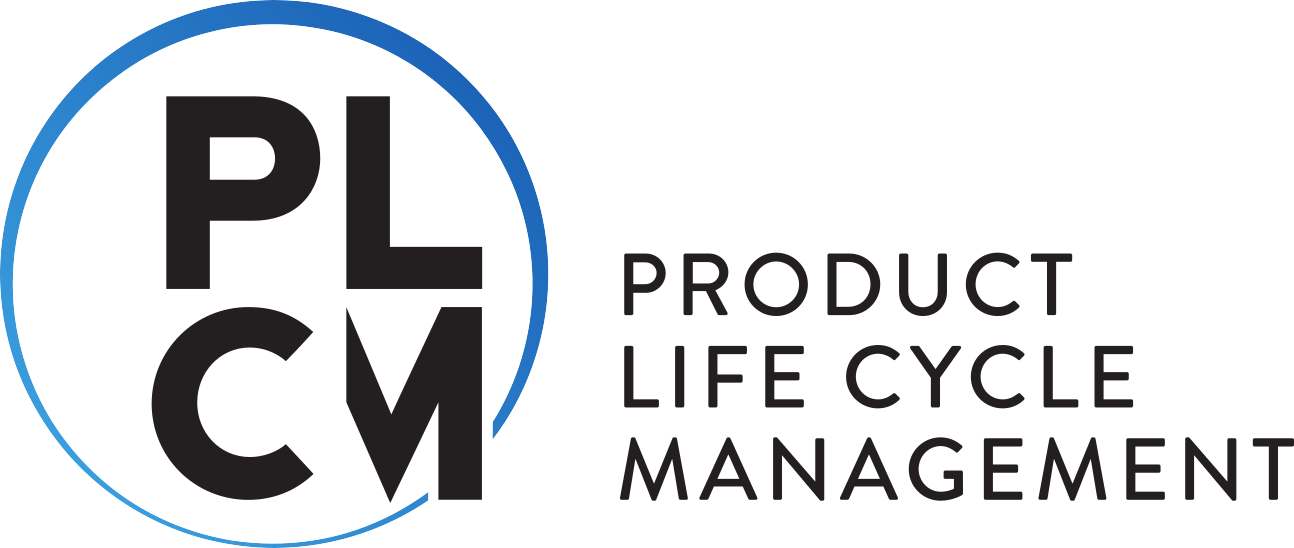Product Life Cycle Management

defshapecat


General Information
In the realm of product development, manufacturing, and inspection, the increasing reliance on the efficient execution of processes, closely intertwined with the extensive use of computer-aided tools. Central to this technological evolution are Computer-Aided Design (CAD) and solid modeling. These tools enable the precise modeling of nominal product geometry, whereas the functionalities of these tools are progressively expanded over the past decades. However, a gap exists between the precision of realistically manufactured products and their nominal designs. A primary limitation of current tools and methodologies lies in their inadequate consideration of geometrical variations that may occur during manufacturing processes or operational usage. This issue leads to inconsistencies in part geometries, resulting in misalignment with international tolerance standards. Addressing this challenge, the proposed project, 'Consideration of Part Deformations in Shape-aware Computer-Aided Tolerancing' (Def@ShapeCAT), focuses on the concept of Skin Model Shapes. This novel approach has been developed as a new paradigm for the modelling of product geometry considering shape variability based on discrete geometry representation schemes. The project, funded by Deutsche Forschungsgemeinschaft (DFG), endeavors to bridge the gap between theoretical design and practical manufacturing outcomes, aligning them more closely with international standards.
Goals
With the growing demands of producing and assembling complex parts, precision and reliability have become crucial in ensuring product quality and meeting customer expectations. Additionally, the need to reduce time to market has strongly motivated a shift towards early problem identification and resolution in the design stages, with the goal of shortening product development lead times. In response to these challenges, this project aims to utilize the concept of Skin Model Shapes for modeling the real physical workpiece surface in contrast to the nominal model. This approach focuses on surface modeling using design tools, integrating simulation and mathematical modeling to enable realistic and virtual prediction of the impacts of geometrical part variations and tolerance specifications on key product characteristics and overall product behavior.
While there is a vast amount of research on geometrical part variations, traditional approaches have often concentrated on analyzing these geometrical variations separately during manufacturing processes and operational usage, frequently leading to suboptimal solutions. This project seeks to broaden the scope by considering potential part deviations that may occur during manufacturing processes as well as addressing the possibility of elastic part deformations during operational usage. Emphasizing their significance in tolerance analysis, the project aims to develop new approaches and methods to integrate these two phenomena of part deviations and deformations for a more comprehensive and effective management of geometrical variations based on Skin Model Shapes.

